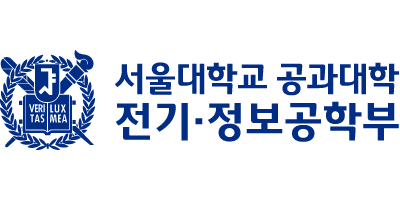[학부&대학원] 박사과정 모집 안내 - Real-time dynamic fMRI image processing towards understanding of human minds
박사과정 모집 공지입니다.
관심있는 학생은 심형보 교수에게 연락바랍니다.
==========================
- Contact: Jongrae Kim <Jongrae.Kim@glasgow.ac.uk>
- James Watt Scholarship PhD Project
- Title: Real-time dynamic fMRI image processing towards understanding
of human minds
Understanding human minds is one of the most important problems and
involves not only scientific but also social and philosophical
questions. For the last two decades, new measurement technologies have
emerged that allow a much closer look at human brain activities. In
particular, functional Magnetic Resonance Imaging (fMRI), which measures
the localised blood oxygen level in the brain, enables us to observe
localised brain activities in real-time. Finding reliable methods to
interpret these dynamic spatial activities into various psychological
models is the stepping-stone towards full comprehension of brain
activities.Image data from fMRI is affected by the state of the mind but
it also includes a substantial amount of background noise. The noise
cannot be easily removed by simple averaging procedures as they mainly
originated from the metabolic and physiological activities, which are
not white noise. Only if these noise characteristics are modelled
properly and extracted from the data, we can decipher the connections
between the brain activities and psychological consequences. Hence, it
is a vital importance to develop an optimal image processing algorithm
for making a discrete jump in the current knowledge about the human
mind.A Kalman filter is an optimal estimator, which extracts the optimal
information through the best balancing between measurements and dynamic
model. It has been successfully used in many engineering systems: the
most famous application is its usage in the guidance algorithm for the
Apollo mission to the moon. On the other hand, its application for
processing image signals is not trivial because of a lack of
mathematical models to describe the underlying dynamics and high
computational demand. These issues are to be tackled as follows: i)
develop dynamic models to describe various physiological responses, ii)
develop Kalman filter algorithm, iii) develop tuning algorithm for
adapting differences in each individual, iv) parallelise the algorithms
for accelerating computational speed, and finally v) test the algorithms
for fMRI image data available online
(http://fcon_1000.projects.nitrc.org/indi/summerofsharing2012.html),
which provides resting state fMRI measurements.
==========================


